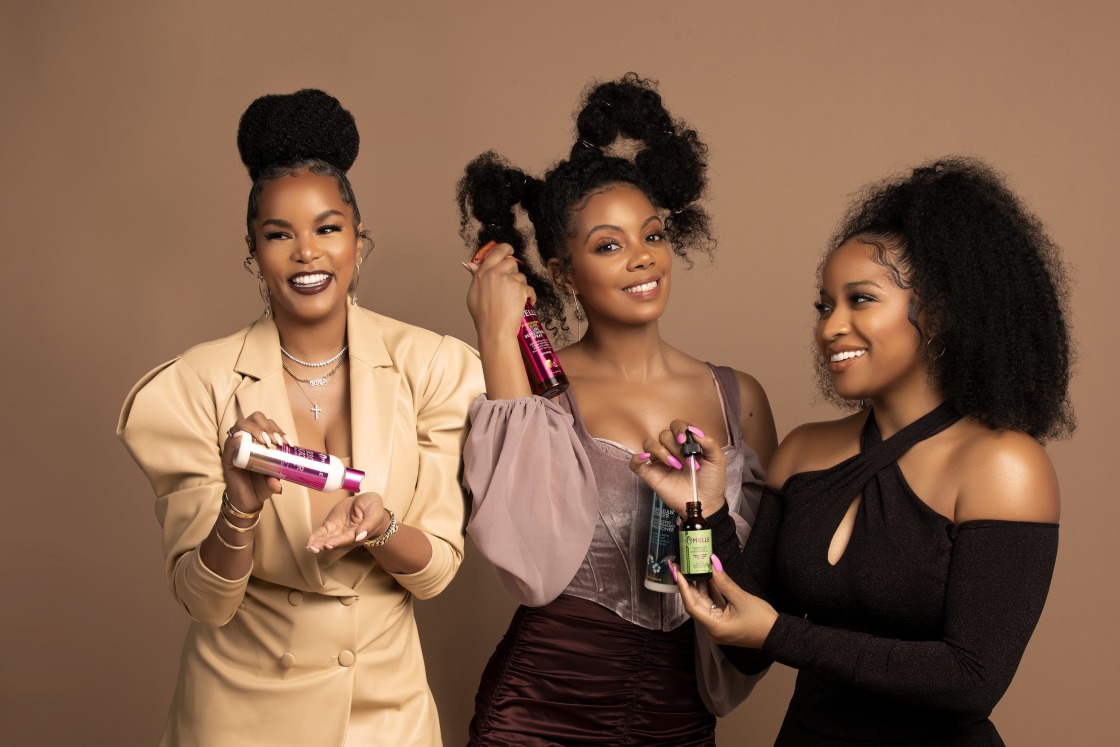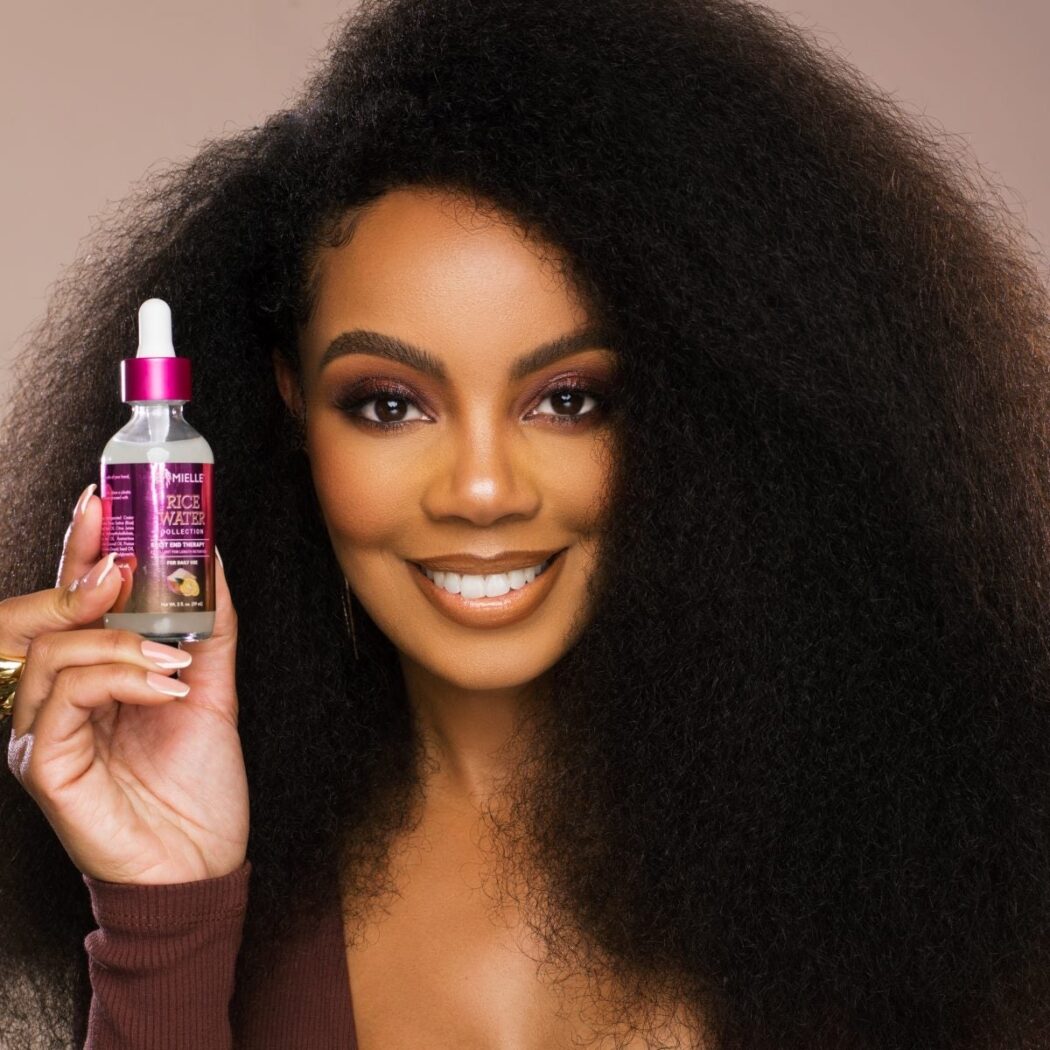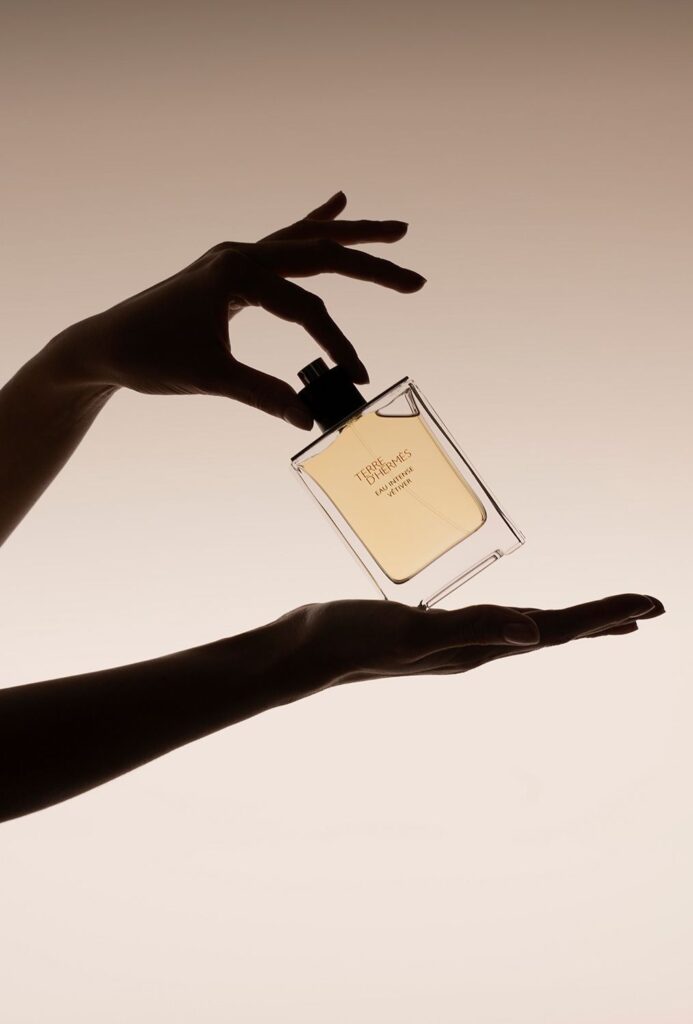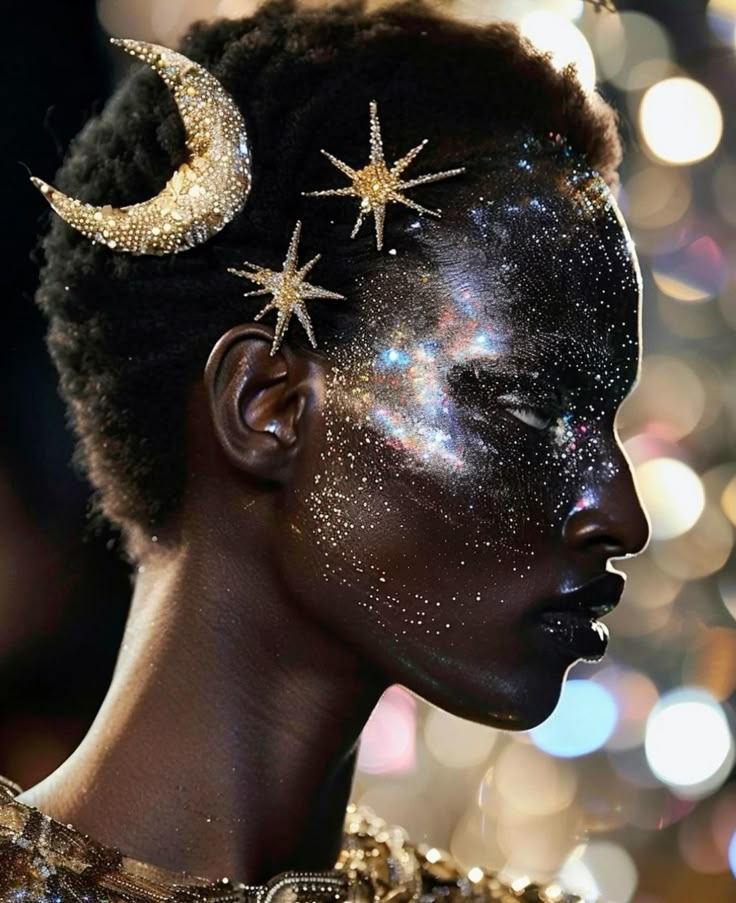Black women and hair care are a dichotomy that is not talked about within the beauty and health space. For years Black women have been subjected to lifelong diseases and bad hair practices that do not positively impact their lives. However, there are companies trying to change this stigma. But what happens when consumer culture comes and takes over a brand?

The come up!
Mielle Organics was founded in 2014 by Monique Rodriguez, an African American woman who grew up in Chicago, Illinois. Working as a nurse, Rodriguez started a social media career at the same time sharing her hair growth online. Rodriguez knew the textured hair field was niche but also had little to no Black ownership within the market. Most beauty supply stores that sell textured hair products are not even Black-owned as well.
Renowned Black journalist Ngozi Nwanji for Afrotech showcased these statistics, “However, not many beauty supply stores are led by Black owners. According to a report, “Of the 9,000 beauty supply stores the Black Owned Beauty Supply Organization estimates are in the United States, about 3,000 are owned by Black people.”
Mielle is BORN!
Rodriguez wanted to change the industry and she started slow with just one product, the “Advanced Hair Formula.” The product specialized in supporting healthy hair and the immune system. Since then, the company has blossomed and created over 10 different Black-owned product lines.
Mielle Organics is one of the only Black-owned hair products that is marketed towards Black/textured-haired women today. It has been distributed in more than 87 countries and can be found in more than 100,000 stores across the nation today. Rodriguez’s products became so popular that in 2021, Monique Rodriguez became the first black woman to present a non-controlling nine-figure investment in a deal with Berkshire Partners.
Controversy brewing…
Every company that’s on the rise needs to grow its business through expansion and marketing. Rodriguez was an influencer herself and understands the power of social media. She used this to her advantage for the brand’s success, the company would send PR boxes to Black women and “curly-haired “influencers to have them try the products and share their thoughts with their audience.
Throughout these reviews, there was one shining product within the company that influencers raved about… the Rosemary Mint Scalp & Hair Strengthening Oil. Mielle’s one product grew in popularity and it was almost hard to find in certain stores! But this is where the problem came to a head.

In December of 2022… TikTok influencer Alix Earle posted her Amazon 2022 favorites on the platform. In the video she discusses Mielle for a couple of seconds, stating that she’s only been using the product for a little over a month but she’s seen “tremendous” hair growth. Mielle’s products are recommended for all hair types, however, they specifically cater to textured hair ranging from 3a-4c. Oils within everyone’s hair work differently, in textured hair oil responds well to it being added to the scalp and is a common product that’s used. However, for people with less coarse hair, added oils are not always the best products to be added to the scalp.
The main issue
Once this video was posted online, droves of women with less coarse hair textures bought and sold out the product once used on textured hair within the Black and Brown community. This caused outrage and panic within these communities as there’s been controversy with other Black-owned brands similar to Mielle (Shea Moisture as an example) who once were catering to textured hair and changed their product formula to cater towards less textured hair. Black women influencers on TikTok like @katayanomi, @kita.io, and many others who are dominating on the platform spoke out on this issue.
Mielles products once again left the shelves and at this point, the only place that Black and Brown people could find these products was at the beauty supply stores!
Now we are here today and Mielle Organics has announced its partnership with white-owned company P&G Beauty. While P&G Beauty can grow Rodriguez’s empire, there is controversy surrounding the possibility of a formula change due to mass production and catering to a larger demographic of people. Monique Rodriguez has assured customers that their company will not go the Shea Moisture route and change their formula, however, many are skeptical due to the mistreatment of Black haircare products today.
What do you think about the Mielle scandal? Let us know by tweeting us @VALLEYmag or writing a comment down below.





